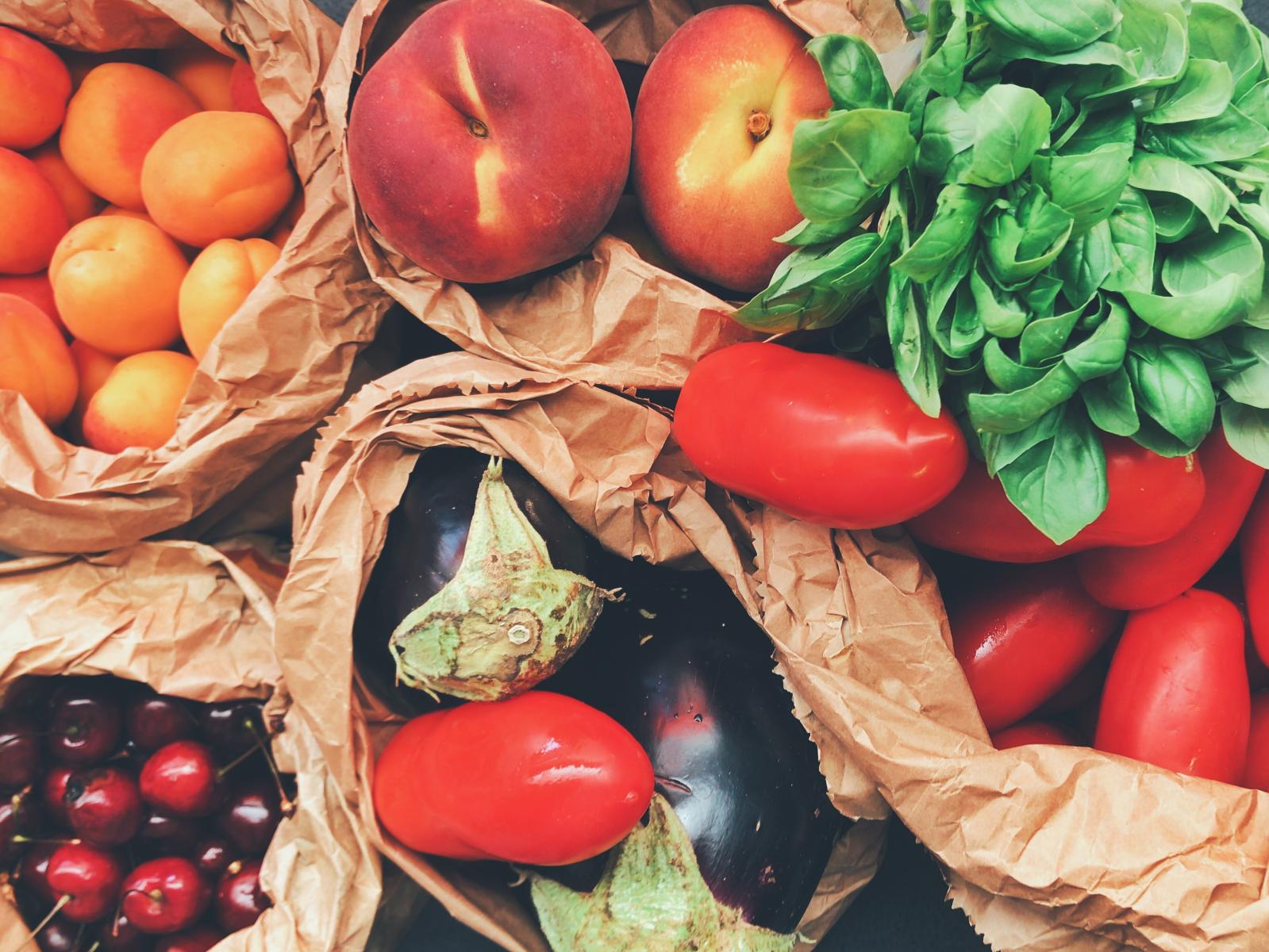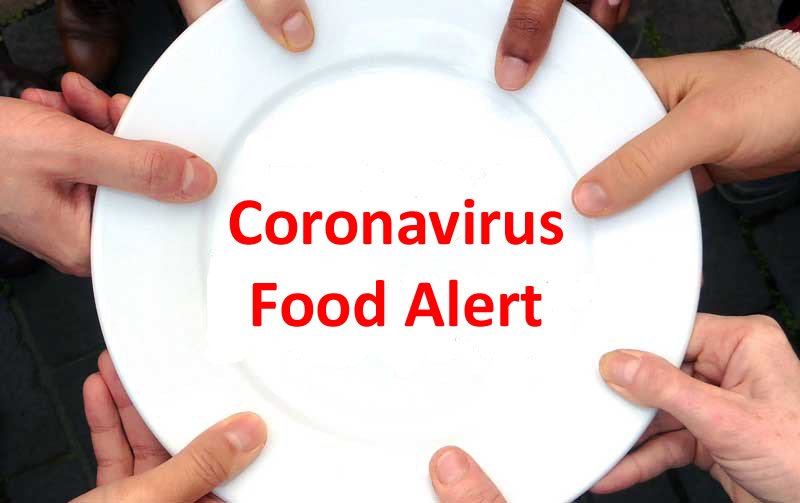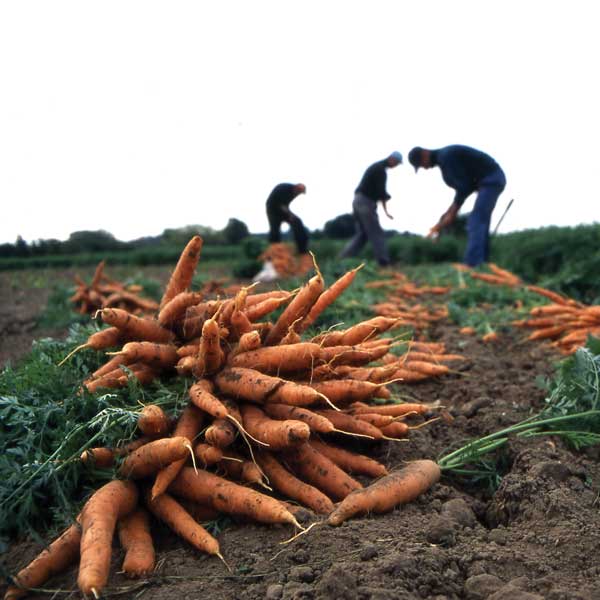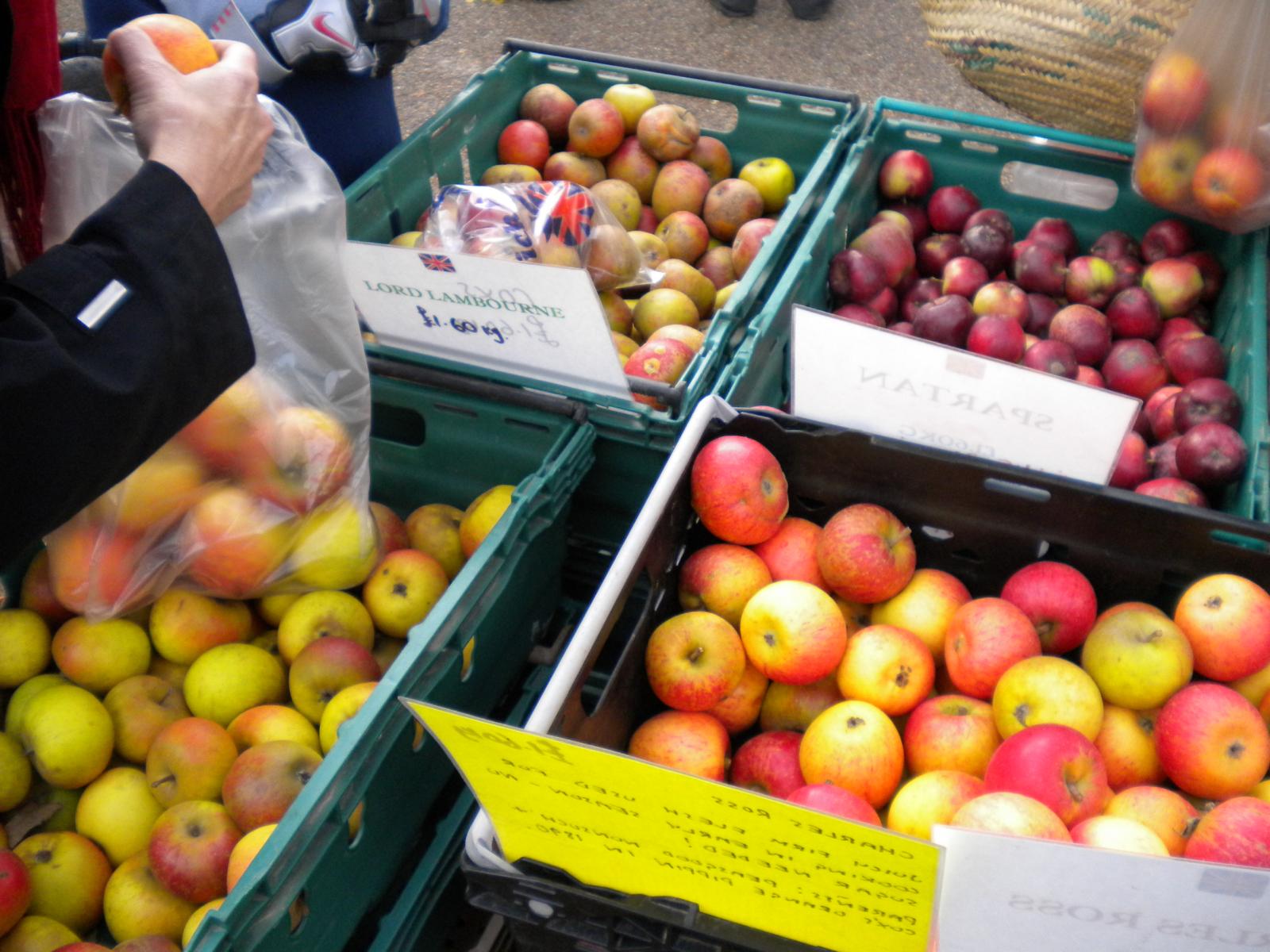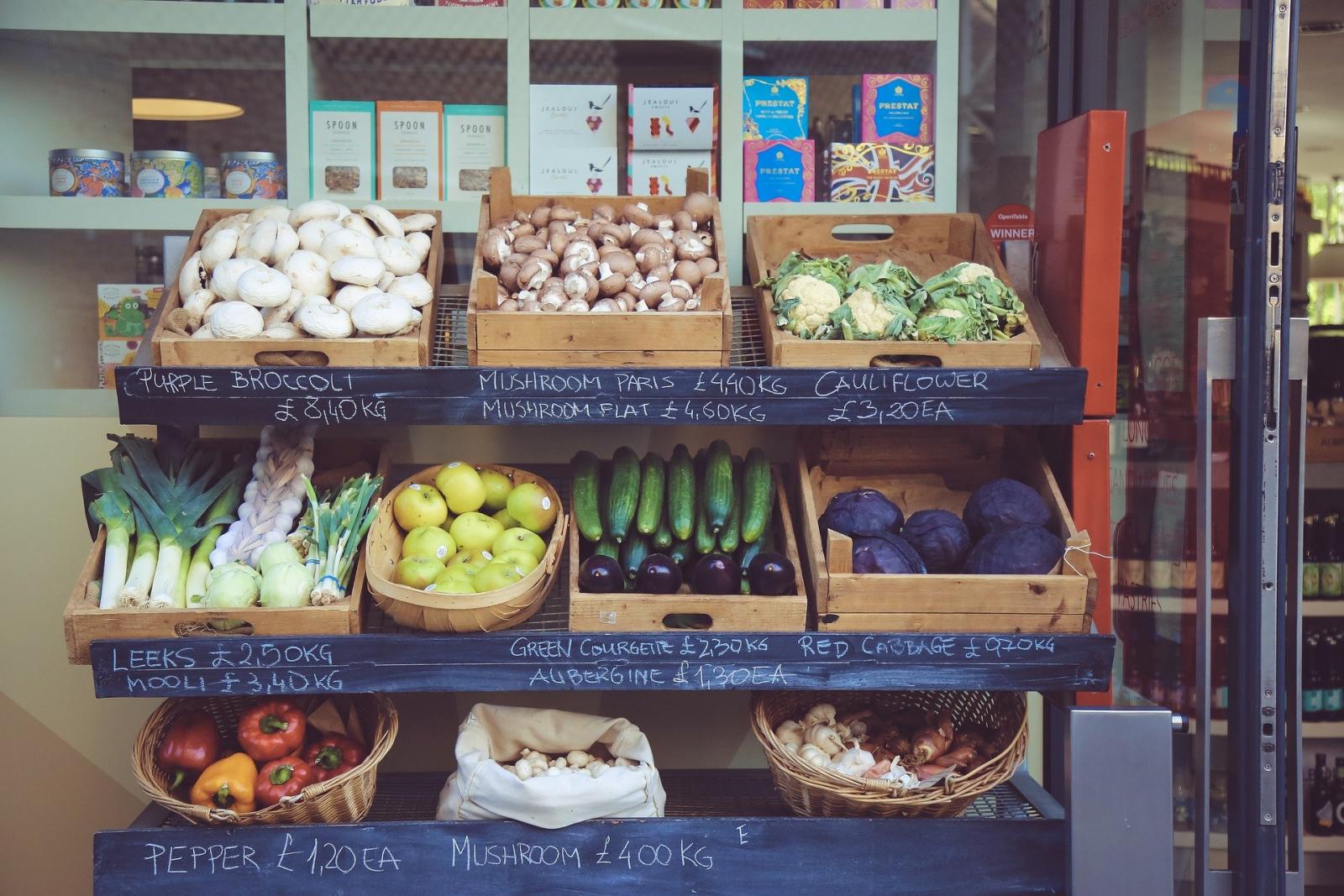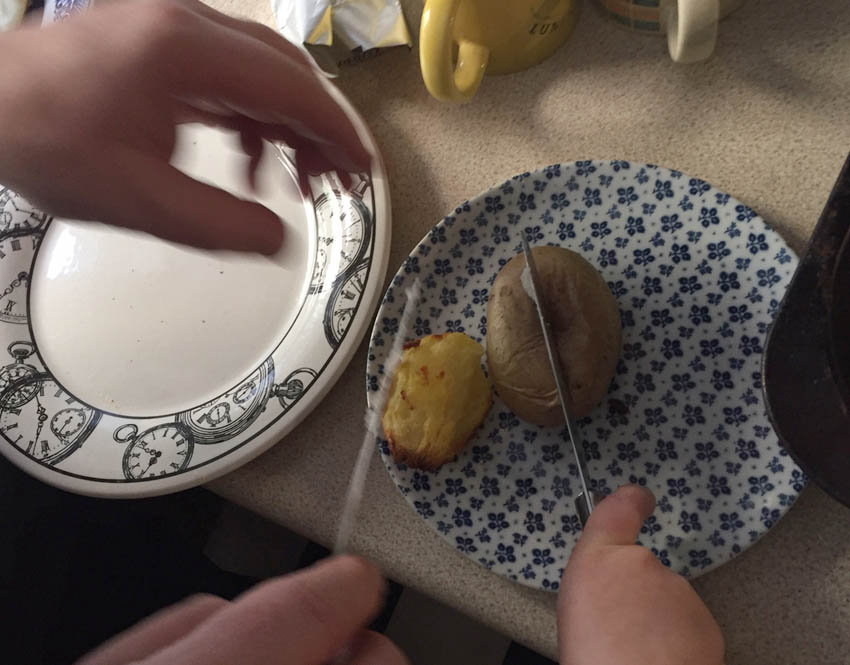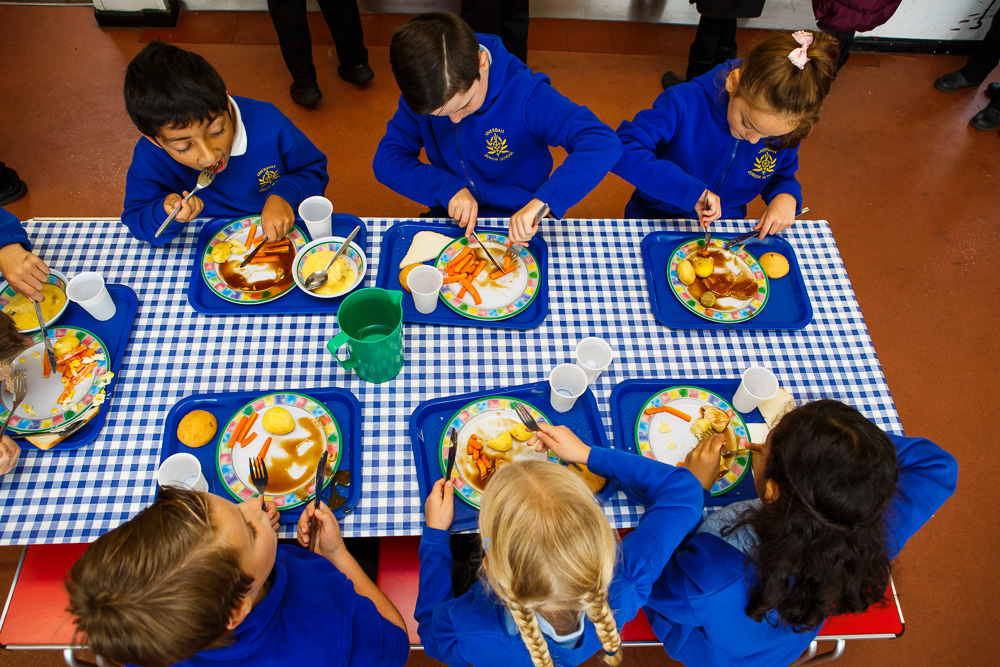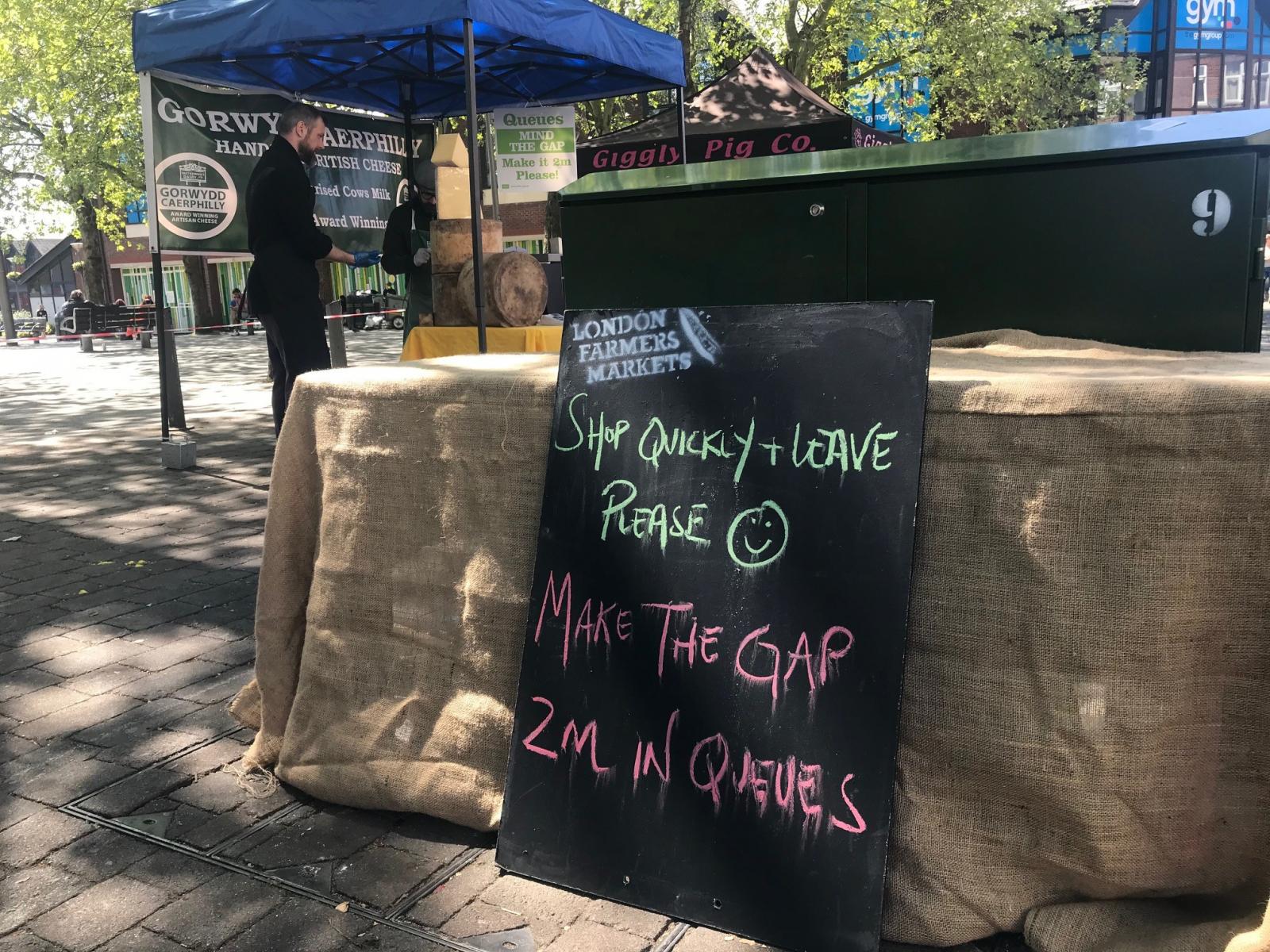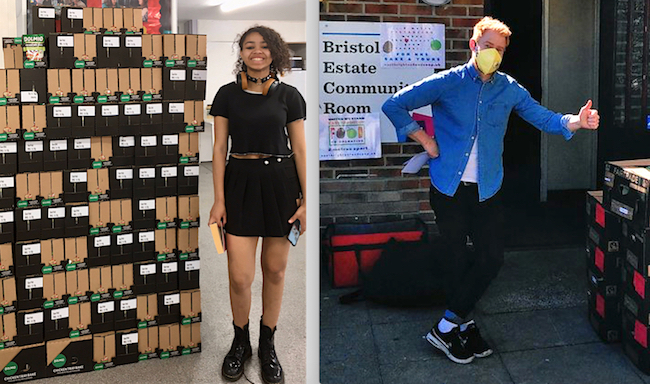 Credit Cooperation Kentish Town and Sussex Gleaning Network
Credit Cooperation Kentish Town and Sussex Gleaning Network

Grassroots food groups working toward community resilience
A growing number of grassroots and Mutual Aid networks are now planning long-term community-based activities as the threat of Covid eases but food insecurity persists.
"How can I help" was a rallying cry that echoed across the UK as we went on lockdown as a result of the Covid-19 pandemic. The desire to focus in on our immediate communities and find ways to get through it with compassion and support is what motivated the thousands of Covid Mutual Aid networks to spring up in a matter of days.
Other exisiting groups such as social dining clubs and food co-operatives, likewise built on the philosophy of community mutual aid, also sprung into action, and were themselves some of the first to be able to help neighbours facing food insecurity.
Now, they are considering their next steps. It is clear that even as the threat of Covid-19 levels off and some physical distancing restrictions are lifted, food insecurity will unfortunately persist, and the need for community food support will continue. But the very ethos of mutual aid means that there is a strong emphasis on long term activities that involve people regardless of financial means, allow choice and dignity, and pool resources and community skills collectively.
Are you part of a local Mutual Aid or grassroots-organised group getting involved in community food activities? Or are you part of a council or organisation linked in with community-led food projects? Please fill out or share our survey, which captures current grassroots food activities, and plans for longer term food projects.
Here is a very short snapshot of some of the many groups and the types of food project models they are working toward that can have lasting community benefit.
Cooperation Kentish Town
Cooperation Kentish Town is the founding hub of the growing Cooperation Town movement of self-organised community-led food coops based on housing estates and in other areas of higher food insecurity. They had already been up and running when Covid-19 and the lockdown hit, and were the first group to be ready to feed residents experiencing food insecurity. The project is working with the Felix Project and others, includng a farmer in Lancashire supplying them directly, to source food for their parcels, and are linking up with the Kentish Town City Farm and nearby housing estate to set up another co-op hub. Camden Council supported them early on and are helping them to secure further funding. The co-op is working to help other local areas in Camden set up new hubs to run community-led food co-ops based on an affordable and inclusive membership model.
Mutual Aid Cardiff
Cardiff's Covid-19 Emergency Food Response is coordinated in partnership with the Council Food Cardiff, community anchor organisations, growing projects and grassroots groups such as the Mutual Aid network. Early on, the Council linked up with mutual aid groups and had invited a few local reps to be involved in the Food Response Task Group. Anchor organisations were encouraged to link up with their local mutual aid groups from the start, and the MA network likewise had insight and participation in the city-wide coordination of responses. Groups got involved in helping to distribute seeds and seedlings through the Cardiff Growing Together home food-growing initiative, and other food-related activities. One group in an area under-served by community food initiatives was inspired by local Pantry (who are using the Your Local Pantry Project model and are sourcing low cost food through FareShare) and are developing a mutual aid-based pantry project that will use a similar membership model run cooperatively and operating on a self-needs-assessment basis.
Limehouse Aid, Tower Hamlets
The Tower Hamlets food response is likewise coordinated by a strong partnership of the council, Women's Environment Network (who coordinate the Food Partnership) and a host of charities and community initiatives. One way that mutual aid groups got involved early on was helping the partnership distribute grow your own kits. Within just a couple of hours, 700 people from the grassroots network had signed up to receive kits, for personal use or community distribution. Limehouse Aid sprung up early on wanting to do more to address food insecurity in their area, and reached out to the Royal Foundation of St. Katharine to help house their pop-up food parcel redistribution effort, who became their operations centre. Limehouse Aid volunteers took on an effort of developing food donation relationships with the likes of Felix Project and brokered affordable deals from wholesalers and farmers to source a variety of food including fresh produce. They are working with local faith groups to run a pop-up food dispatch service that allows the distribution of fresh produce alongside non-perishable items. Their longer term plans include becoming the 'volunteer army' arm of St. Katharine, who are now looking to augment their active role in supporting their local community, and continuing to develop affordable supply routes to bring good food directly into underserved communities.
Brighton Cooking Club
Brighton & Hove's Mutual Aid network likewise sprung up early, divided into councillor ward areas, with local group and street reps connected up in a central network. However, relationships with the council and Food Partnership were slow to start. Brighton Cooking Club was the brainchild of a 19-year-old mutual aid group member who wanted to share safely prepared homecooked meals with others in her area who were struggling to cook or source healthy food. The group quickly grew to connect hundreds of cooks and diners. But the project always had an aim of being a short-term emergency response. The club is now focused on referring diners who would like regular support to Food Partnership-coordinated regional food hubs and other established services, while keeping the network connected to maintain these personal relationships over food, whether via meal-sharing, food growing or sharing skills and recipes. The Club is also part of a city-wide Mutual Aid food sub group which develops community-led support for the city's food banks and other projects, such as a volunteer driver dispatch service and designing accessible and inclusive signposting resources for the council and others to use.
While the notion of resilience may be difficult to pin down, certainly having agency in your food choices, having a community of friends and neighbours around you, and being able to take on meaningful roles in community food activities are key ingredients for what we'd all like to see in a healthy and sustainable community, let alone food system.
What can you do?
If you are part of a council or food partnerhip, or a local anchor organisation providing food support - reach out to your local mutual aid groups. Say hello and find out what they are up to, and what they would like to see as far as food support and activities in their local area. Consider inviting a rep or two from your city, town or borough-wide network to take part in the planning or coordination meetings. Make time to hear the views and support the brilliant ideas coming from local residents themselves on how to access and enjoy good food, even in times of difficulty.
If you are part of a mutual aid group - reach out and offer to help and collaborate. Your groups are invaluable in helping to shape the community food landscape, either through consultation, or better yet, co-creation. And get involved by filling out our survey and staying in touch.
Sustain's consultation with local mutual aid groups around food is part of our wider work through Sustainable Food Places devoping a programme of support for Food Partnerships to nurture and develop local good food movements taking an active part in shaping their local food system.
Coronavirus Food Alert: Sustain's work on food resilience in the COVID-19 coronavirus pandemic.We are helping secure food for vulnerable people and supporting local emergency responses.
Sustain
The Green House
244-254 Cambridge Heath Road
London E2 9DA
020 3559 6777
sustain@sustainweb.org
Sustain advocates food and agriculture policies and practices that enhance the health and welfare of people and animals, improve the working and living environment, promote equity and enrich society and culture.
© Sustain 2026
Registered charity (no. 1018643)
Data privacy & cookies
Icons by Icons8
